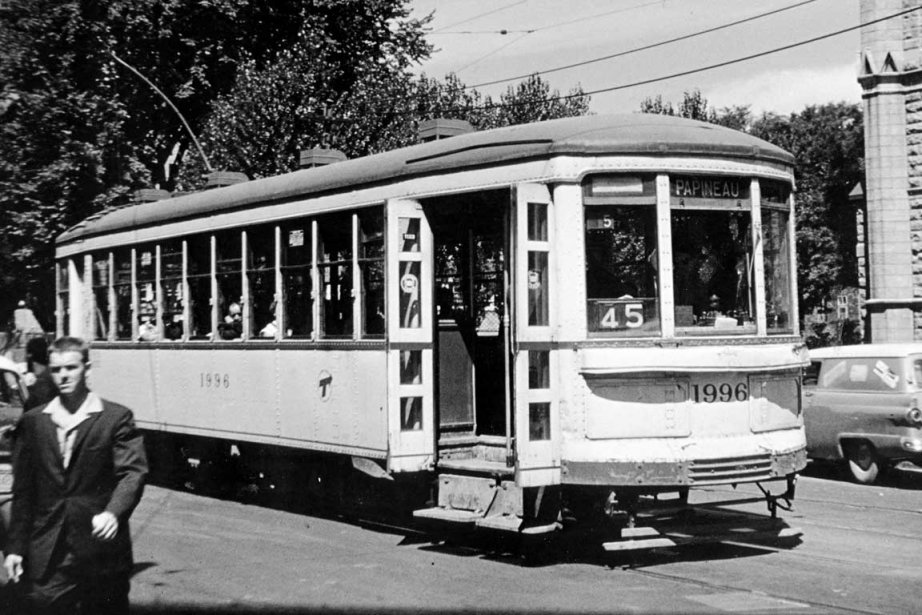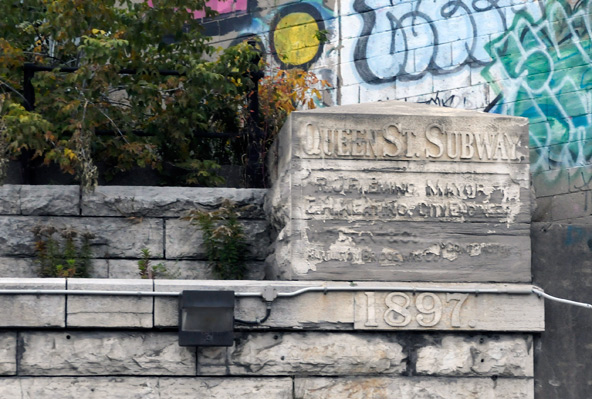superelevation
Active Member
Don't worry, the debate rages on in the SSE thread. Yes it's been a 3 stop extension since Doug Ford became premier but prior to that, the subway was an one-stop extension to Scarborough Centre so it's been a subway extension for quite some time now.
View attachment 288480
Given that surprise surprise the TTC doesn't think they can keep the SRT running, it really seems like we should consider using its corridor instead. . .
It will certainly be something already used somewhere in the world. But, not anything that TTC or GO currently have. Mk-III may be the closest, if we count them as distant relatives of SRT's MK-I.
Wide-bodies TTC subway cars cannot make the turns proposed for OL; in that case we need to go back to RL South, which is not a bad idea but won't fly with the current provincial government.
The issue is not with the train width (OL vehicles will be nearly as wide) it has more to do with train performance. As someone mentioned the turns at Union are super tight.






